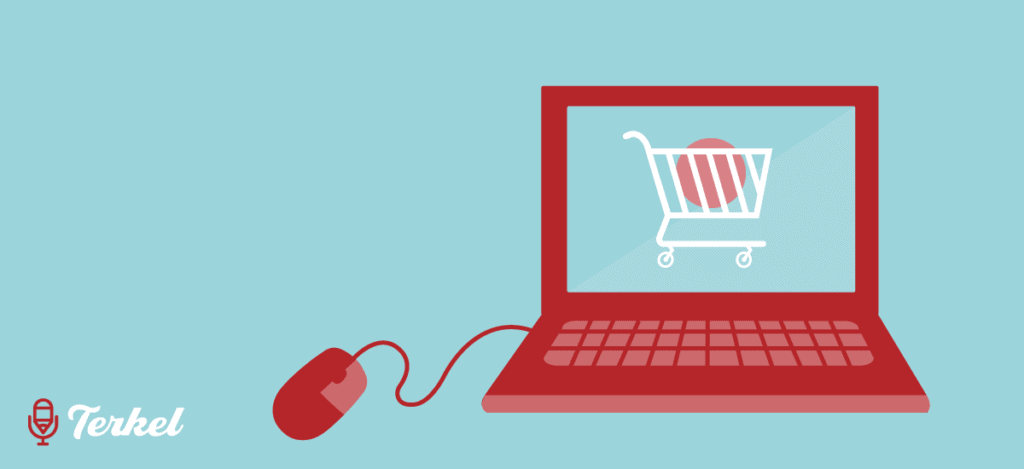Optimizing a Shopify store for SEO isn’t easy. It involves a good understanding of the eCommerce industry (and eCommerce SEO), combined with general knowledge of SEO best practices.Learning all the intricacies of Shopify SEO can take time, but it’s not impossible.
To help you make the best of your Shopify strategy, we asked 11 experts for their best Shopify SEO tips.
Focus on the Product Listings Page
As a non-technical SEO expert, I believe it really comes down to the product listing pages, the way the products are presented, the clarity of the photography and the language you use to entice people in. As an email marketing agency a lot of our day-to-day work is driving traffic to e-commerce stores, so the consistency of the brand experience from email to web is vital. Too many times have we driven traffic to a store and had no response. If the products aren’t attractive, and the flow is overly complicated or poorly executed, then you will be spending money driving traffic and getting nothing in return.
Doug Dennison, MailNinja
Limit Your Categories
Be sure not to overwhelm the shopper with too many categories. When you look at a menu tab, and it is filled with 20+ options, it can be overwhelming. So, be sure to make a list of your primary categories, and stick with those. You can also use these categories for your blog content.
Chris Gadek, AdQuick
Use a Clean URL
When optimizing your SEO for Shopify, make sure to use ‘clean’ URLs with a simple structure that is encouraged by Google. Clean URLs are short, well-formatted, simple and understandable. For instance, if you are trying to optimize a Shopify page that sells blue guitars, it would be advisable to use a clean URL like: www.yourwebsite.com/products/guitars/blue-guitar rather than using something like: www.yourwebsite .com/prds/dt/p5523.php?ref=62363bluegtr
Rameez Ghayas Usmani, PureVPN
Focus on Backlinks
Having an online presence is important for establishing brand awareness. When trying to optimize a shopify store, focus on backlinks. The more backlinks your store has, the higher your SEO will be. This means that it is a dual effort of getting featured and also then getting a backlink, but they are sure to elevate your store.
Kayla Centeno, Markitors
Think Like Your Target Client
Make sure you are really understanding what and how your clients are searching. I think one of the most underutilized parts of a Shopify store (or really any store) is the blog. Use this for long-tail content that will attract your target client. The more you drill down, the better the opportunity to have visibility.
Gresham Harkless, Blue 16 Media
Follow Google’s Guidelines and Algorithm
Doing SEO is hard if you are not following Google’s guidelines and algorithm. If you are doing spammy work, then it will not matter which CMS you have used, it will be penalized sooner or later. So, I recommend focusing on user experience and making your store properly navigational so that users can easily go through from one page to another.
Tarun Gurang, iFour Technolab Pvt. Ltd.
White-Hat Link Building
Whatever you’re selling on Shopify, chances are there’s an extensive network of blogs, news websites and social media channels devoted to what you sell. Reach out to decision-makers across these networks and arrange guest posts, product reviews, how-to videos or other useful content that links back to your website. It is the single best way to rank for SEO. It’s not the easiest way, but there’s no doubt this works best.
Jake Rheude, Red Stag Fulfillment
Collect Product Reviews
Product reviews are extremely important for eCommerce stores. There are several reasons why reviews benefit SEO, one of them being that reviews naturally help your site rank for long-tail keywords while providing new and relevant content.
JJ Hepp, Arrow Lift
Link Internally
Internal links will help you optimize your Shopify store. It is a simple thing that can boost your SEO and raise your status when potential customers are Googling for your industry. If one product is mentioned in several places on your website, be sure to always have a link back to that item on its original page. If any items are mentioned on your homepage, that is also an opportunity to have an internal link back to the item itself.
Vanessa Molica, The Lash Professional
Create Original Content
The mistake that store owners might make when it comes to SEO is believing that their pages or product description are enough when it comes to content. SEO success happens when you have original content that betters your user experience. Make a list of all the things your customers ask you and create content around that. Our website sells airpod cases, so rather than write about the cases itself, we featured content on how to clean your airpods and the case when it gets dirty.
Peter Babichenko, Sahara Case
Mix It Up
Ecommerce stores are famously poor at SEO because there is so much template content. For example, you might have thousands of products that share similar page elements. Instead, mix it up a bit! For a smaller store, you could write unique content for each and every page, and for a larger one you could at least use variables. One of our sites has six pages that are very similar but we customize the templated parts with variables for city name and other relevant details. This small effort in coding means the pages aren’t quite identical, even if very similar.
Michael Alexis, Teambuilding







